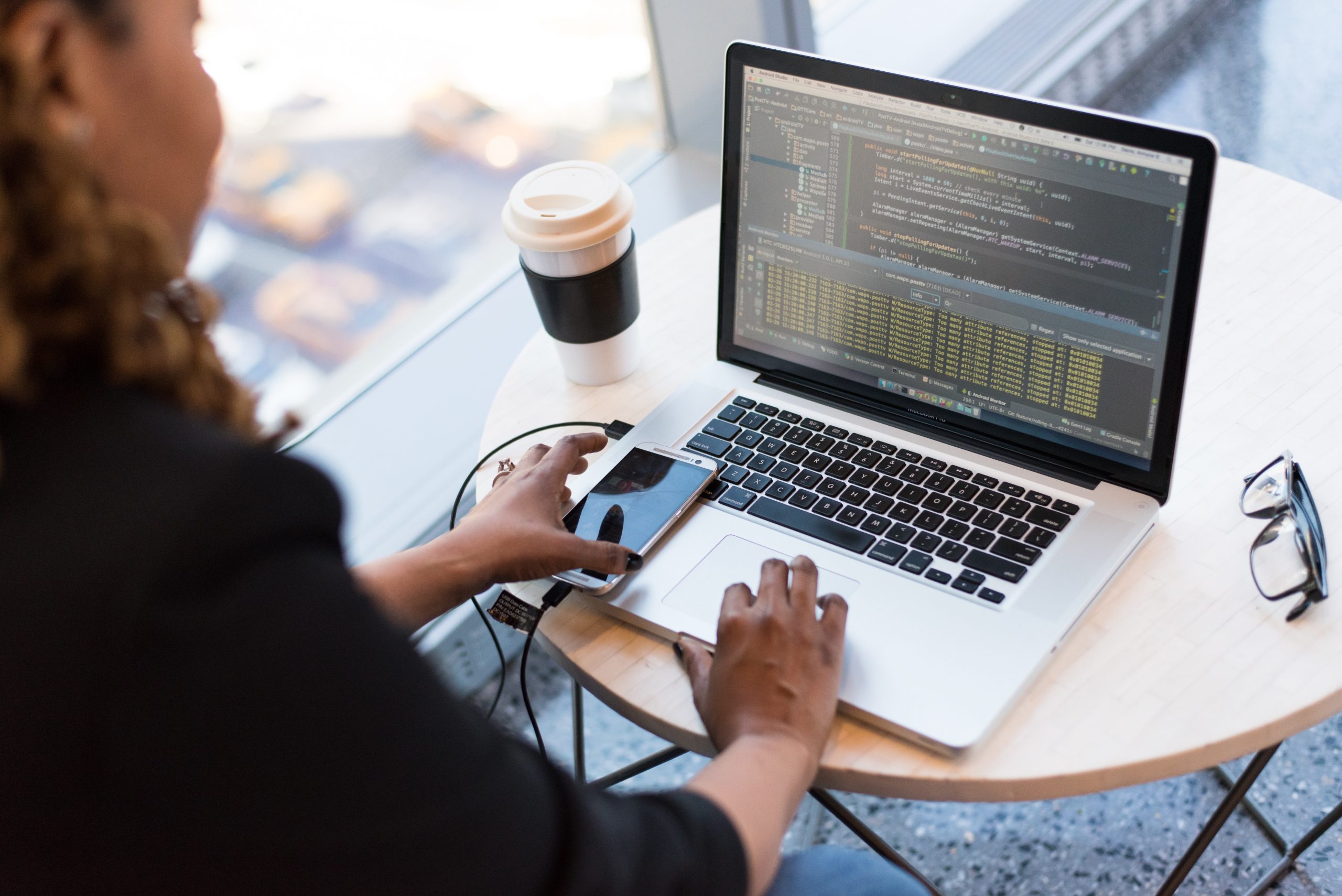In a groundbreaking revelation, a team at Microsoft has highlighted a troubling intersection between artificial intelligence and biosecurity. By leveraging advanced AI techniques, researchers uncovered a “zero day” vulnerability in biosecurity systems, specifically those that monitor and prevent the misuse of DNA sequences. These vulnerabilities could potentially allow malicious actors to procure genetic sequences capable of creating harmful toxins or pathogens. As the implications of this discovery ripple through the biotech and tech sectors, investors need to take note.
What exactly does a “zero day” vulnerability mean in this context? In the realm of cybersecurity, a zero day flaw refers to a security gap that is exploited before the developer has had a chance to address it. In this case, it highlights a significant weakness in the systems designed to safeguard against bioweapons and other biological threats. The potential for AI to identify and exploit such vulnerabilities raises serious ethical and security concerns, especially as the technology continues to evolve at a breakneck pace.
Microsoft’s research team, led by its chief scientist, has shown that AI can not only discover these vulnerabilities but also potentially facilitate their exploitation. This revelation has sent shockwaves through the biosecurity landscape, where safeguarding genetic information is critical. With the ability to manipulate genetic sequences, the risks of bioterrorism and bioengineering of harmful pathogens are alarmingly high.
For investors, the implications are twofold. First, there is a growing need for robust security measures in biotech firms and AI technology providers. Companies that are proactive in strengthening their biosecurity protocols may see a competitive edge in a market increasingly wary of these vulnerabilities. For instance, firms that specialize in bioinformatics and genetic research must now consider enhanced security investments to safeguard against potential threats.
Moreover, this situation could lead to regulatory changes and increased scrutiny over AI applications in biotechnology. Investors should keep an eye on legislative developments that may arise in response to these findings. Companies that adapt swiftly to comply with new regulations could position themselves favorably, while those that lag may face significant risks, including regulatory fines and reputational damage.
As we navigate this complex landscape, a critical question arises: How can investors best position themselves in light of these revelations? The answer lies in seeking out firms that are not only technologically advanced but also demonstrate a commitment to ethical practices and robust security measures. Investing in companies that prioritize biosecurity and compliance could provide a buffer against the volatility that might ensue from potential security breaches.
In summary, the intersection of AI and biosecurity presents both risks and opportunities for investors. Staying informed about emerging threats and the companies that are addressing them will be key. As the market adapts to these new realities, aligning your investment strategy with firms that prioritize security and ethical practices in the biotech space will be essential for long-term success.
Source: MIT Technology Review


























